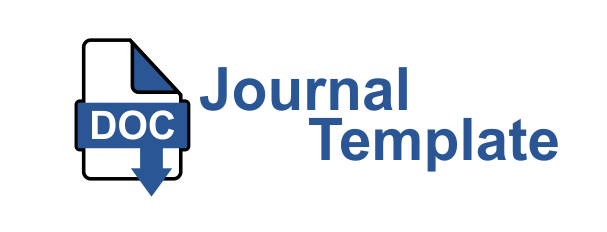Socialization of Prevention and Handling of Sexual Violence in Adolescents at SMP Negeri Satap 2 South Konawe
Socialization of Prevention and Handling of Sexual Violence in Adolescents at SMP Negeri Satap 2 South Konawe
Abstract
The era of disruption has significantly influenced adolescent behavior in Indonesia, particularly regarding sexual violence. This issue leads to physical and psychological suffering, including reproductive health disorders, and diminishes the opportunity for safe and optimal education. In 2021, there were 11,952 cases of sexual violence against children, with 7,004 reported. In Southeast Sulawesi, 240 cases were recorded in 2020, with 35 more by May 2022. Southern Konawe district saw 13 cases. Notably, there was no education on sexual violence at SMP Negeri Satap Konawe Selatan, prompting the lecturer team to conduct community service through socialization. This activity at SMP 2 Satap involved 70 students, aiming to increase adolescent knowledge about sexual violence and establish cross-sectoral partnerships in health, supporting the Ministry of Education and Culture's strategy for a healthy and smart generation. The program used lectures, discussions, and evaluations with pre- and post-tests. Results showed an increase in prevention knowledge from 30% to 79% and understanding of case handling from 20% to 75%, alongside positive feedback from the teacher council. Building a healthy and safe school environment fosters student independence, emphasizing the importance of the Prevention and Handling of Sexual Violence (PPKS). Religion and family also play crucial roles in securing a bright future for adolescents.
Downloads
Copyright (c) 2024 Yuhanah Yuhanah, Rizka Mutmaina

This work is licensed under a Creative Commons Attribution 4.0 International License.
Authors who publish with this journal agree to the following terms:
- Authors retain copyright and grant the journal right of first publication with the work simultaneously licensed under a Creative Commons Attribution License (CC-BY) that allows others to share the work with an acknowledgment of the work's authorship and initial publication in this journal.
- Authors are able to enter into separate, additional contractual arrangements for the non-exclusive distribution of the journal's published version of the work (e.g., post it to an institutional repository or publish it in a book), with an acknowledgment of its initial publication in this journal.
- Authors are permitted and encouraged to post their work online (e.g., in institutional repositories or on their website) prior to and during the submission process, as it can lead to productive exchanges, as well as earlier and greater citation of published work (See The Effect of Open Access).











